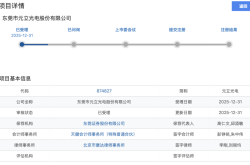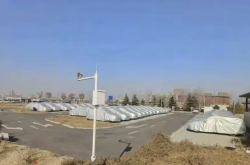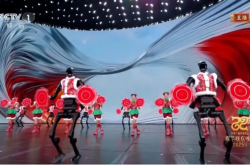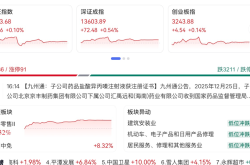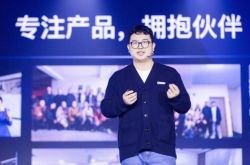Volcano Engine and ByteDance Engine: The Shift in ByteDance's Most Expensive and Profitable Businesses
![]() 08/15 2024
08/15 2024
![]() 595
595
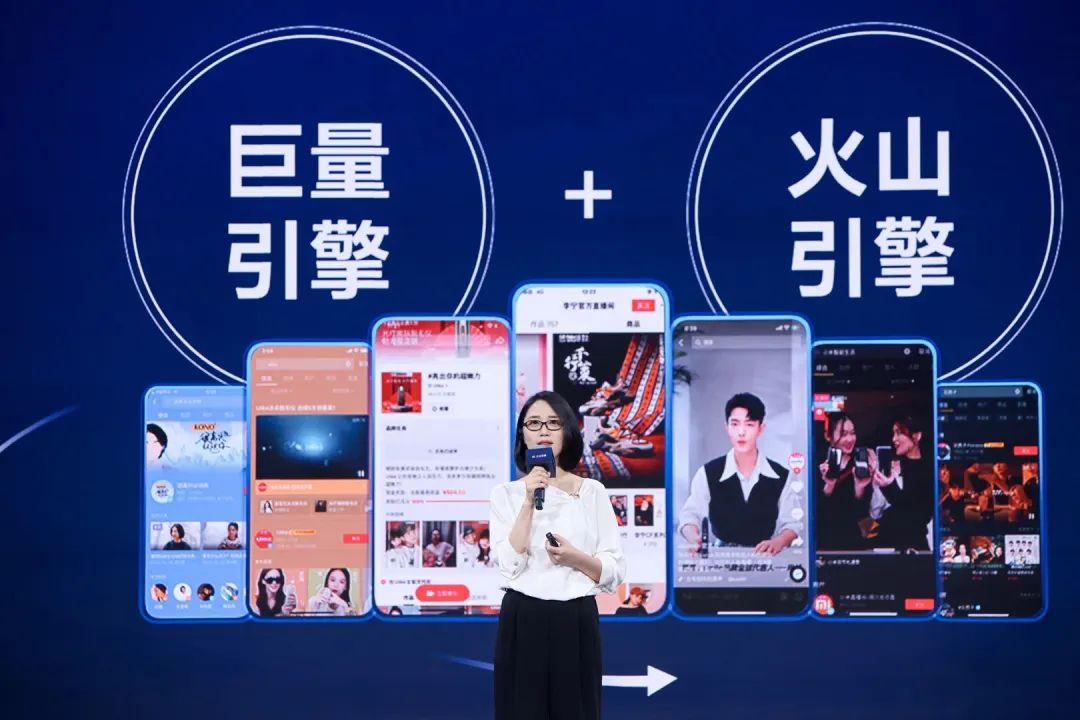
On August 6th, a conversation between Tan Dai, President of Volcano Engine, and "Intelligent Emergence" was leaked. From this conversation and his previous speaking styles, it is evident that Tan Dai still leans more towards being a "product manager" rather than a business-oriented or customer-focused leader. This is typical of a cloud vendor in its early stages of development.
After all, the development path of a cloud vendor generally involves investing heavily in infrastructure while attracting customers in the early stages, followed by continuously expanding marginal effects later on. Naturally, the "stories" told to the outside world during the initial stages tend to focus more on product concepts. Tan Dai's current statements essentially serve one purpose: Volcano Engine still needs to convince more customers and secure more funding.
Where do customers come from? Since Volcano Engine officially entered the public cloud market in 2021, its approach has evolved.
This leads us to ByteDance's most profitable "engine" business – ByteDance Engine. In 2022, the second year of Volcano Engine's entry into the public cloud market, a dual-engine drive was formed between Volcano Engine and ByteDance Engine, with ByteDance Engine undoubtedly being the most important customer of Volcano Engine at that time.
However, with the explosion of the concept of large models as a super profitable opportunity, the relationship between Volcano Engine and ByteDance Engine has naturally evolved, moving from an attempt to bind the two engines to a gradual decoupling. ByteDance Engine has also transitioned from casually "bringing along newcomers" to actively embracing the Volcano AI stage.
This change reflects not only the transformation of Volcano Engine's own business but also the customer personas that Tan Dai has planned for Volcano Engine at each stage.
01. From Tied to Marketing Cloud to Initial Commercialization
Tan Dai has a background in cloud computing, having worked at Alibaba from 2010 to 2011. According to Baidu Baike, he also worked at Baidu. Shortly after ByteDance announced the launch of Volcano Engine in June 2020, Tan Dai joined the company. In 2021, Volcano Engine entered the public cloud market.
At that time, the public cloud market had already been segmented. According to the Cloud Computing White Paper of the China Academy of Information and Communications Technology (CAICT) in 2022, the IaaS and PaaS markets were still dominated by familiar names such as Alibaba Cloud, Tencent Cloud, Huawei Cloud, and Baidu Cloud, occupying the majority of the cloud computing market share. Despite being backed by ByteDance, Volcano Engine was still a newcomer and not mentioned in the white paper.
The first critical turning point occurred at the Volcano Engine FORCE Conference in July 2022, where the "dual-engine drive" (ByteDance Engine + Volcano Engine) became the core keyword. According to the person in charge at the time, "ByteDance Engine has already started implementing Volcano Engine's cloud infrastructure, data management products, and algorithm technologies in different industries."
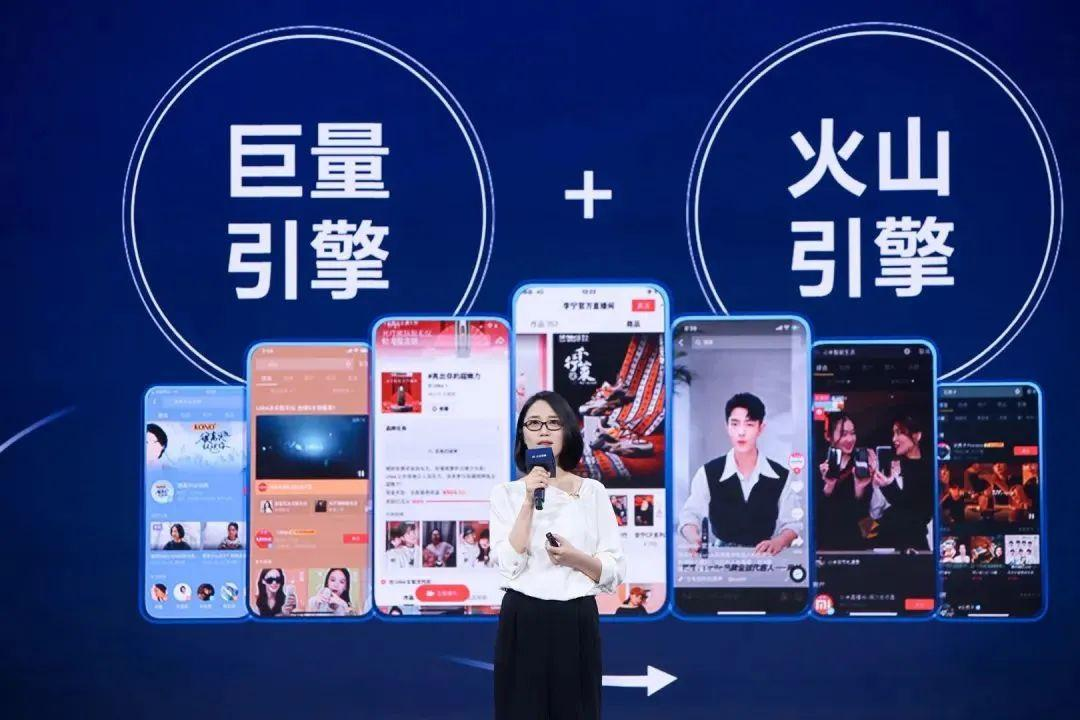
Advertising is the largest source of revenue for Douyin, and as Douyin's advertising and marketing service platform, ByteDance Engine is naturally one of the most profitable businesses. From ByteDance Engine's perspective, the concept of "marketing cloud" was still a fashionable one in B2B marketing services at that time, and tying it to the "cloud" added value by catering to customers with higher requirements.
Moreover, since Volcano Engine had been around for two years by then, it was natural for ByteDance to make such a combined layout. Volcano Engine's "cloud" needed practice and customers, and ByteDance Engine, being the most profitable business within ByteDance, was one of the most suitable customers for Volcano Engine. Therefore, although Volcano Engine had entered the public cloud market, it could still be considered ByteDance's "private cloud" given its size and customer base at the time.
This "privateness" was even more evident in the media coverage at the time. Despite being a Volcano Engine conference, the media's focus was on how ByteDance Engine would utilize Volcano Engine rather than how Volcano Engine would perform in its business.
Later, at the end of 2022, ChatGPT became popular globally, and the FORCE Conference in April 2023 marked the second critical turning point for Volcano Engine.
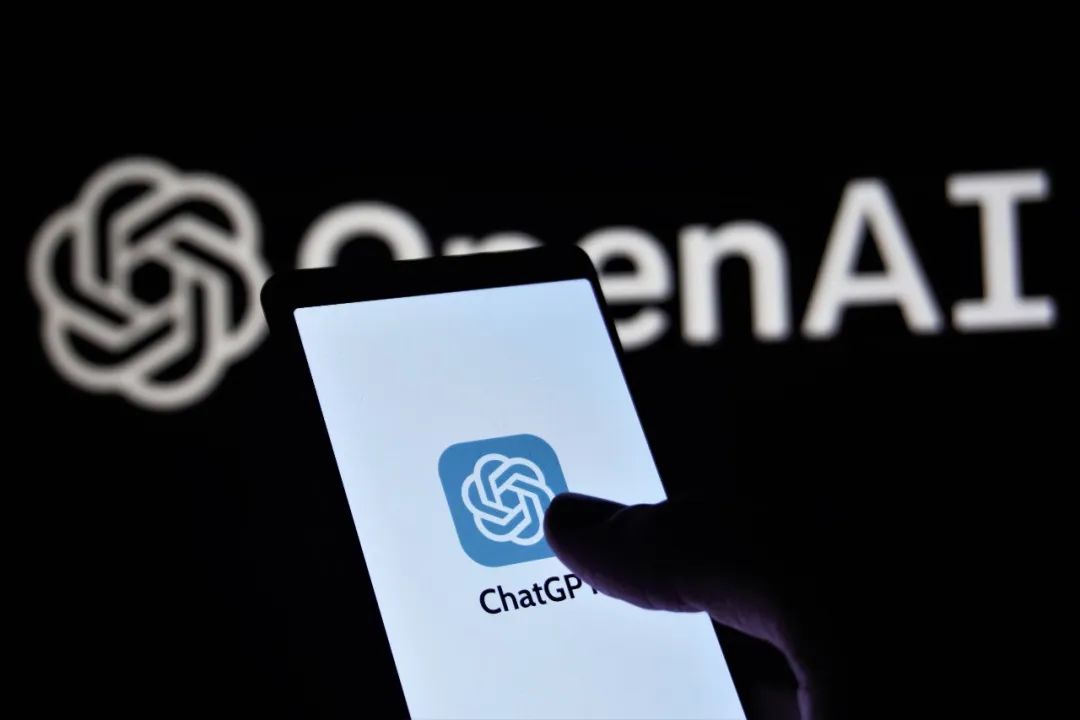
Although Tan Dai did mention large models at the conference, his core view was, "We are not in a hurry to launch a large model that scores only 30 points. The core is to empower others to do this." During the conference, Volcano Engine focused on its self-created concept of "Data Flywheel": "Everything revolves around designing the Data Flywheel based on data consumption, without initially building an overly static data system."
At that time, many internet giants and cloud vendors were still unclear about their stance on large models. As a cloud computing platform still in its early stages of development, Volcano Engine's cautious approach to large models was understandable.
Based on past experiences, Xin Lichang believes that the concept of "Data Flywheel" or the idea of creating a concept likely originated within Volcano Engine even before ChatGPT's popularity. Before the end of 2022, it was uncertain how much centripetal force AI, which had been "all talk and no action," could bring to the internet industry. Prior to that, for Volcano Engine to break into the public cloud market, it needed a concept to convey its differentiation to the outside world and attract more customers' attention.
From the name "Data Flywheel" and Tan Dai's emphasis on the enterprise multi-cloud strategy during the conference, "On average, each enterprise uses three clouds... up to five," it is not difficult to see that the customer persona outlined by Tan Dai for Volcano Engine in 2023 was one that had already used one or more clouds and had higher requirements for data-driven operations.
As mentioned above, the public cloud market had largely been carved up, and as a newcomer, Volcano Engine couldn't compete head-to-head with established players like Alibaba, Tencent, and Huawei to "steal" customers. Instead, it aimed to create more demand for these customers to use multiple clouds simultaneously. Tan Dai stated, "We believe that the future must be a multi-cloud architecture, with each cloud having its own strengths, and enterprises do not want to be locked into a single cloud provider, especially when they hope to do global business, which necessitates a multi-cloud approach."
At this point, Volcano Engine's own commercialization strategy had taken shape, and it no longer emphasized its tie-up with ByteDance Engine. The media's focus also shifted back to Volcano Engine itself.
02. From Evolving Doubao to Effortlessly Doing AI Marketing
The popularity of large models undoubtedly presented a chance for fledgling cloud vendors to overtake competitors, and Volcano Engine did not hesitate for long. In June 2023, Volcano Engine launched its large model service platform, "Volcano Ark."
At that time, Tan Dai's speech title was still "Multi-cloud, Multi-model: Embracing the New Era of Experience Innovation." The concept of "large models" automatically aligned customer and market perceptions. Since then, Tan Dai has naturally shared his views on large models in public forums:
Media interview in December 2023: "Dialogue with Tan Dai of Volcano Engine: Adhering to Cloud First, Being a Ferryman in the Era of Large Models"; May 2024 interview with Miss Jia: "Interview with Tan Dai, President of Volcano Engine: Even Latecomers Can Win in the Era of Large Models"; and now in August: "Today, the industry bills by tokens, but this won't be the only model in the future"...
For Volcano Engine to further evolve, it needs to focus on two directions. On the one hand, it needs to firmly establish itself within the ByteDance ecosystem, ideally attaining a status similar to that of Alibaba Cloud within Alibaba, to receive more group support. On the other hand, it should leverage internal support to capture more external customers. These two aspects are naturally complementary, forming the "business flywheel" that Volcano Engine requires. The engine driving this flywheel, as Volcano Engine has realized, is fostering a Killer-level large model/APP in the era of large models.
Therefore, in addition to "Data Flywheel," Doubao has become another primary focus for Volcano Engine.
This conversation reveals that while Tan Dai says, "It's too early to talk about Killer Apps now," he also mentions Doubao's large model's excellence, with a price that is "99.3% lower than the industry average for Doubao Pro-32k," a daily token usage exceeding 500 billion, and third-party evaluations praising its effectiveness. In rankings, "Doubao APP is ranked first among AI products"...
In other words, while other large models and apps may not qualify as Killer-level, Doubao stands a chance. The existence of Doubao is also carefully designed. As Tan Dai said, "Both our To C and To B businesses are under the same brand, Doubao," which serves as both the name of the large model and an application, similar to ChatGPT.

Of course, Doubao was not created by Volcano Engine itself but rather received cloud services from them. Tan Dai stated, "The Doubao large model is developed by a dedicated team at ByteDance. Volcano doesn't need to create its own model; it just needs to do a good job with the cloud and MaaS." However, Doubao's strong footing in both To B and To C businesses can tangibly benefit Volcano Engine in return.
Looking back at the relationship between Volcano Engine and ByteDance Engine, it's clear that things have changed.
ByteDance Engine also needs to capitalize on the AI era, emphasizing its integration with Volcano Engine: "Through Volcano Engine's AIGC technology and ByteDance Engine's brand advertising, we have successfully increased the number of user-generated videos for marketing campaigns by more than three times on average." However, Volcano Engine no longer emphasizes ByteDance Engine as much.
Moreover, ByteDance Engine's focus has shifted more towards AI application within its own business, such as building an AI marketing system, launching a large-scale real-time prediction system, applying AIGC to commercial creativity, and introducing multiple automated products. Compared to the previous marketing cloud, AI marketing is a more specific and scenario-oriented description.
From this perspective, the relationship between ByteDance Engine and Volcano Engine has grown "distant," with AI serving as the middleman.
Now, when the public and media mention Volcano Engine, the first thing that comes to mind is large models, not any other business. Recently, Volcano Engine's name finally appeared in the 2024 Cloud Computing White Paper published by the China Academy of Information and Communications Technology (CAICT).
Just recently, on August 2nd, GAC Group and Volcano Engine held a strategic cooperation agreement signing ceremony at GAC Center, where Volcano Engine will provide comprehensive support to GAC Group for overseas marketing activities and digital platform construction. Followed by an MoU signing with Mercedes-Benz on August 13th.
Although ByteDance Engine undoubtedly paved the way for Volcano Engine in these partnerships, it is now just one of Volcano Engine's important customers, no longer the sole and most crucial one.
03. Final Thoughts
In fact, Volcano Engine initially had a deep tie-up with Feishu, but after the emergence of large models, Tan Dai noted, "We still have close cooperation with Feishu, and we also have in-depth customers with each other. However, cloud and office collaboration are two completely separate tracks, just like Microsoft's Azure and Office are entirely separate."
At this point, Tan Dai almost seems to be addressing ByteDance directly: "Both of these areas have ample room for growth. If a company values these two things highly, it should allow them to develop separately while ensuring good collaboration." This may also reflect his previous thinking towards ByteDance Engine.
This scene feels familiar, as we've seen this proactive decoupling attitude from another ecosystem's perspective before. DingTalk was also deeply tied to Alibaba Cloud, known as the "Cloud and Ding Integration," but after announcing collaborations with multiple unicorn large models at the 2024 DingTalk Ecosystem Conference, it finally broke free from the bundled narrative.
This is undoubtedly similar to the diminishing emphasis on the "dual-engine drive" within the ByteDance ecosystem.
While it's undeniable that ByteDance Engine remains ByteDance's core To B engine, the power of large models is so significant that it can deconstruct all previous narrative logics, evident from both internal business relationship changes and external competitive environments.
ByteDance Engine, once generous in bringing along newcomers, may not have anticipated that one day it too would need to be guided by Volcano Engine.
*The lead image and illustrations in the article are sourced from the internet.

